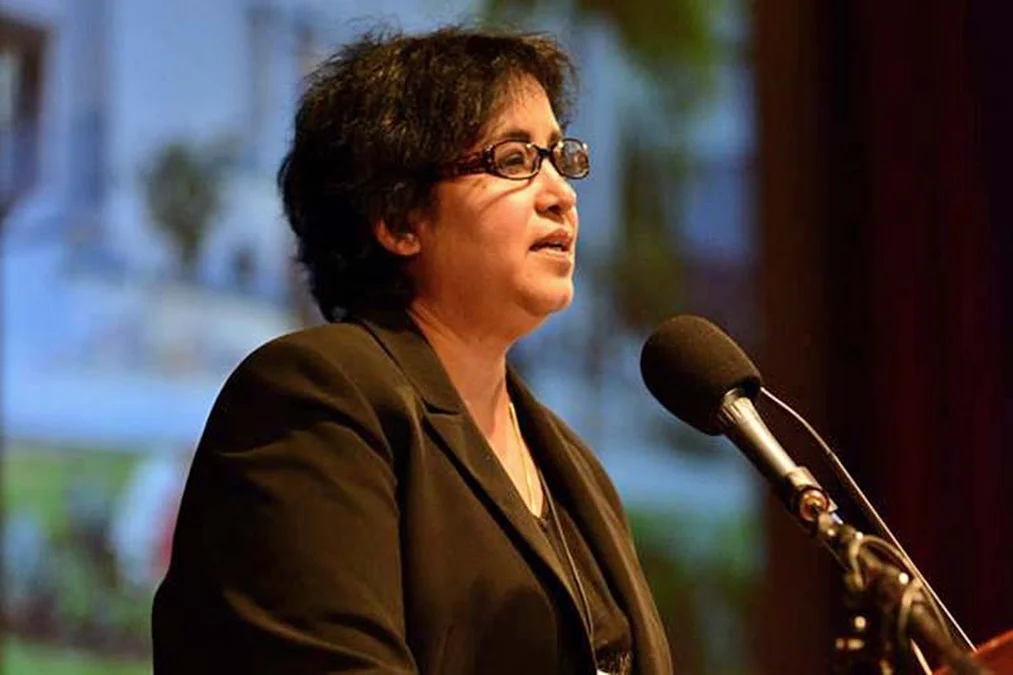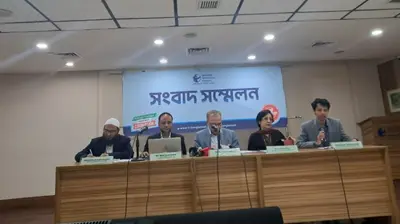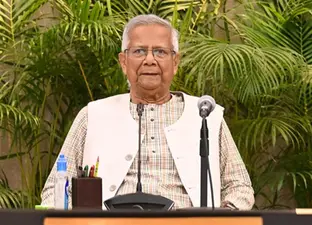Legislation should reflect principles of equality and respect for human rights: Taslima Nasrin

Renowned author and human rights advocate Dr. Taslima Nasrin emphasized the urgent need for a clear separation between state and religion to ensure genuine equality for women.
“Laws should be grounded in principles of equality and human rights, not in religious doctrines that limit women's freedom,” said Dr. Nasrin during her address at the Siksha ‘O’ Anusandhan Lecture, held at SOA Deemed to be University.
Dr. Nasrin, a trained gynaecologist and celebrated Bangladeshi writer, was forced into exile for her outspoken views. She shared that despite being expelled from Bangladesh and later from West Bengal, her fight for women's dignity and equality remains unwavering.
“I have no country, no home. But I still believe in freedom of expression. Women must stand up against religious oppression,” she told the packed audience.
Best known for her bold works such as Lajja and Dwikhandita, Dr. Nasrin asserted that rigid religious interpretations often marginalize women. She warned that when religion influences governance, the impact is especially detrimental to women across all communities.
The lecture was presided over by Prof. Pradipta Kumar Nanda, Vice-Chancellor of SOA. Prof. Jyoti Ranjan Das, Dean of Students’ Welfare, coordinated the session, while Prof. Renu Sharma, Additional Dean (Student Affairs) at the Institute of Technical Education and Research (ITER), delivered the vote of thanks.
Reflecting on her early life, Dr. Nasrin said she was born into a secular Muslim family in Mymensingh, Bangladesh. Encouraged by her physician father, she pursued a medical career.
“I grew up surrounded by literature and music. But by the age of 12, I began questioning religion. I saw how culture, tradition, and religious texts were used to justify the oppression of women,” she recalled.
She added, “This is the story of every woman. We are all trapped in the same cage. What we called ‘tradition’ was, in fact, oppression.”
Dr. Nasrin described how her resistance grew over time. “I wrote honestly — about what I saw, what I experienced, and what I believed. I used prose, poetry, essays, and novels to protest injustice and fight for equality, truth, and freedom.”
Her outspoken writing sparked outrage, with mass protests demanding her execution. “The state failed to protect me, and I’ve now lived in exile for 31 years,” she stated. “I am a woman without a country.”
“My home is no longer a physical place or a passport. It lives in the hearts of secularists, humanists, and free thinkers around the world,” she declared.
Challenging the notion that feminism is a Western concept, Dr. Nasrin explained that her feminist views were shaped by personal experiences. “Wherever the state is secular, there is hope for women,” she said.
Highlighting the ongoing global conflict between secularism and fundamentalism, she concluded: “The battle is between reason and blind faith. But I still believe change is possible — if we dare to ask questions.”
Dr. Nasrin ended her lecture with a powerful recitation of her poem The Deathless Girl, receiving a standing ovation from the audience.













